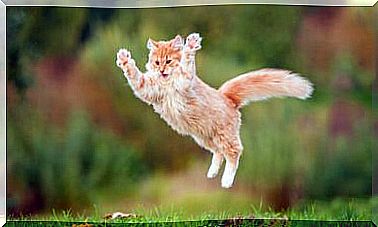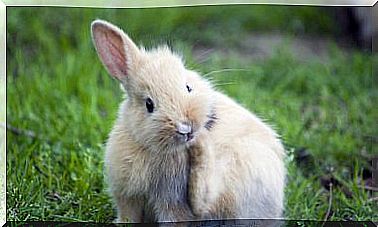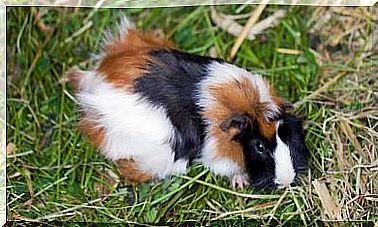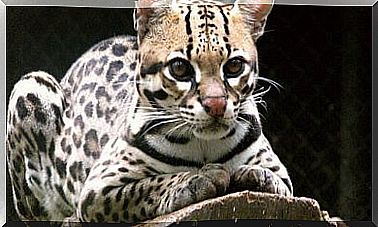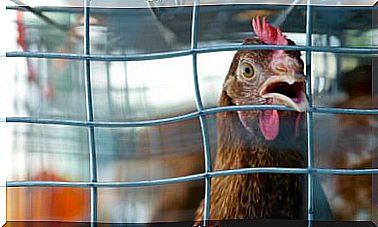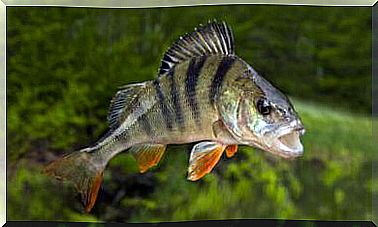Ragdoll Cat Care: 6 Recommendations
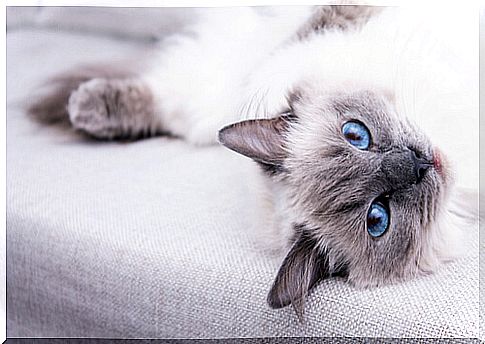
What is the care of the ragdoll cat? The temperament and beautiful coat of this breed means that they will need a reasonable amount of care and attention. They can live for more than 15 years, which implies a commitment to long-term care.
Ragdoll cats are relatively quiet, undemanding, and excellent house cats. They are characterized by having a placid temperament and loving relationships with their owners. They often prefer a warm fire and a soft lap to exploring and hunting.
Ragdoll cat temperament and care
Ragdolls are known for their tolerant attitude towards other animals and are especially good around children. They are often compared to dogs because of their friendliness and intelligence. They have a naive nature, which means that they should be presented with special care to existing cats or dogs in the home, who might not be as friendly.
This character trait is why some owners choose to keep them indoors, where they are protected from car traffic hazards and assaults. Ragdoll cat care includes keeping them in proper shelter.
1. Grooming need: moderate
The ragdoll’s beautiful coat requires a moderate level of maintenance. Ragdoll cats should be brushed one to two times a week with a soft comb. It is important to brush from the roots of the coat and avoid harshness.
It is advisable to accustom the cat to being brushed while it is young. This is so you can enjoy your grooming sessions.
In this breed the shedding of hair is moderate. Regular brushing will help reduce the degree of shedding. It will also decrease the chances of your cat swallowing hairballs. The only other grooming you need is to regularly trim your nails and clean your ears.
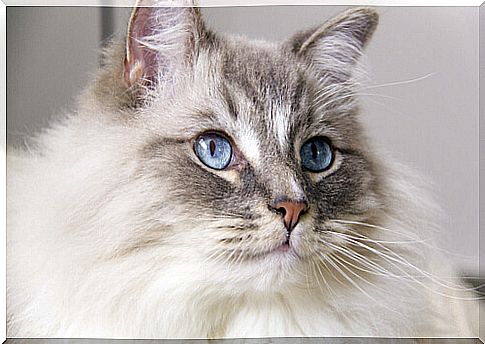
2. Litter box maintenance: daily
You can help take care of your ragdoll cat’s grooming by paying attention to the cleanliness of his litter box. Like many long-haired cat breeds, the most likely time for their fur to get dirty is when they use their litter tray. Disposing of waste immediately after it has been produced will reduce the chances of it catching on your coat.
3. Tooth brushing: daily
Ragdolls should also have their teeth brushed regularly to avoid dental problems, which will help them lead a normal, pain-free life. Oral conditions can be prevented with routine basic care, such as feeding cats dry food and brushing their teeth.
4. Diet care
Giving your Ragdoll cat a healthy diet is an important part of their care. Being a cat that weighs between 6 to 10 kilograms, it will eat more than an average pussycat. Try to offer foods that are high in protein and low in carbohydrates. Make sure you always have fresh water available too.
Most cats like to eat small amounts of food several times a day. They can take small bites from their bowl 10-15 times a day.
Avoiding being overweight is one of the most important ragdoll cat care. Obesity is detrimental to your pet’s health. Known for their love of food, it is important that you make sure to keep an eye on their portion sizes.
Providing plenty of opportunities for active play can help keep your pet at his ideal weight. Do not increase its portion unless directed to do so by your vet. Some cats eat out of boredom.
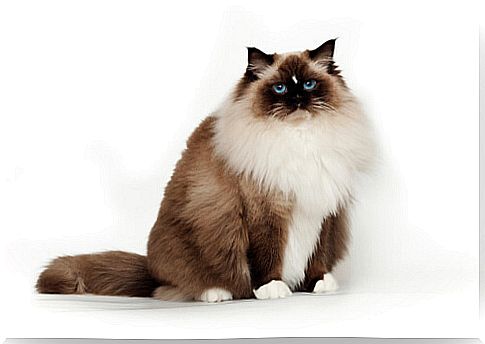
5. Need for exercise: medium
Ragdolls have no specific exercise needs other than those of normal cats. Most ragdolls enjoy playing catch.
In general, this breed has a moderate energy level; even so, it maintains its playful character until adulthood and old age. Enjoy a good game of fetch and may be willing to learn to walk on a leash.
6. Surveillance for disease occurrence: medium
Common health problems that appear in ragdoll cats include: hypertrophic cardiomyopathy (heart disease), bladder stones, feline infectious peritonitis, and feline mucopolysaccharidosis, a disease that can cause eye problems, joint difficulties, or paralysis.
